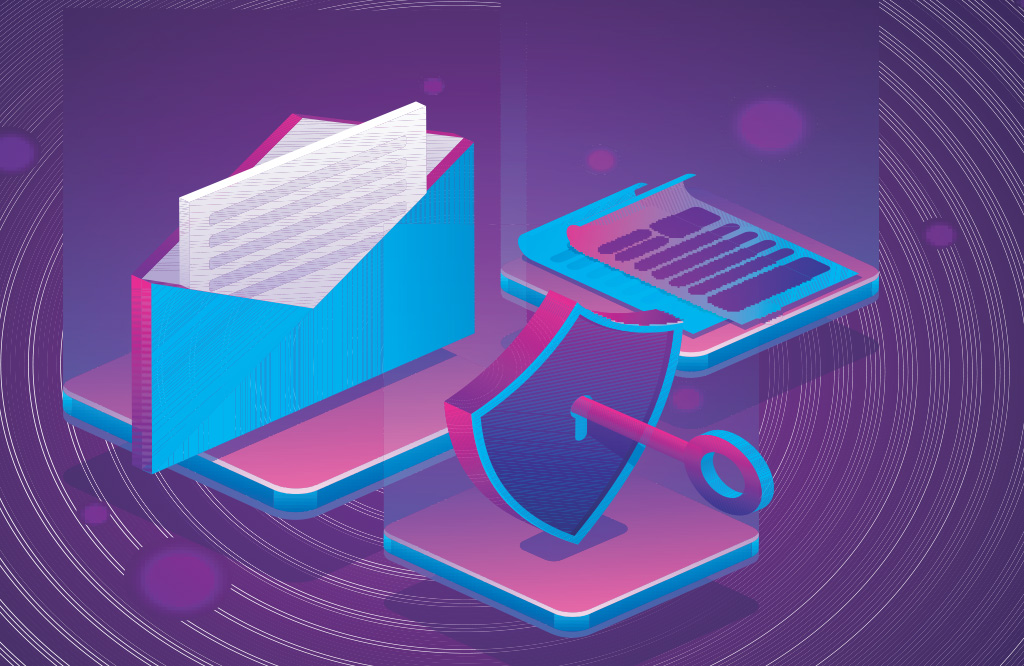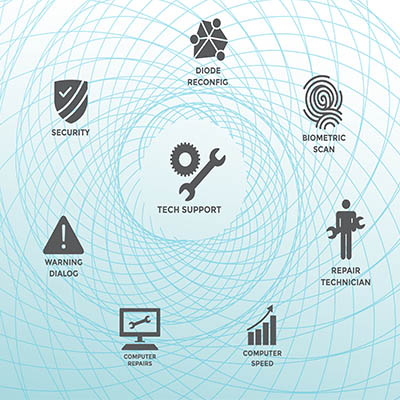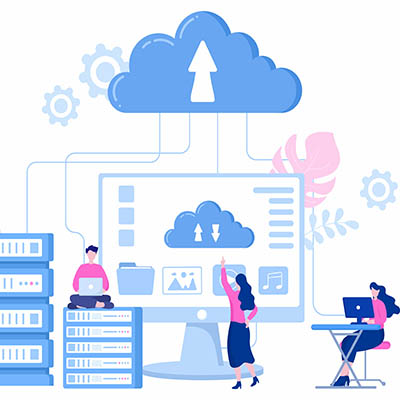Email is complex, despite all appearances. It’s easy to overlook its complexities when you log into your account and it just works. However, you’ll need to ensure that your email is managed properly, as well as secured with protective measures for the underlying technology. Let’s go over some of the more effective methods you can use to keep your infrastructure secure from all types of threats, whether they are visible or hidden.
Build on a Secure Foundation
Email is the biggest entry point for most cyberattacks. In 2022, 75 percent of organizations became victims of email attacks, including spam and malware delivery for ransomware, data theft, and spoofing. Even with advancements in cybersecurity defenses, practicing proper security protocols (like updating your software and improving awareness) is still critical toward infrastructure security upkeep.
It’s tempting to just leave your infrastructure alone (after all, if it works, it works, right?), but it’s important that your business maintain security to avoid the potentially disastrous side-effects of letting your email configuration slip to the wayside.
Further impacting the issue is the fact that many businesses outsource their email management to a third party, but that provider does not focus their efforts on email security or investing in security versus developing threats. When this service isn’t built into the contract, the responsibility for email security falls to the business, making it all the more important that you ensure you either have the security solutions in place yourself or you work explicitly with your managed service provider to protect your email.
Here are Three Starting Points for Secure Email Solutions
Your business must educate its employees about proper email security practices. Phishing simulation in particular is a helpful tool to have in your arsenal, as it can help your team determine what is legitimate and what is false. If your simulation is effective, it can help employees by providing explanations, outlining risks, and offering training resources to employees who need help identifying these problems.
Additionally, your business must make sure that it adheres to regulatory compliance standards. This changes based on your industry, but to provide some more general guidelines, you should be prepared to report on how you maintain the security of information such as financial credentials, health records, and credit card information. There are other tools like third-party encryption protocols and secure customer portals that can be used to keep data transmission secure.
Finally, we recommend that you have an email backup solution in place that can help you keep your records safe and secure. Ordinarily, your backup might not extend to your email, particularly if it is cloud-based, but there are solutions out there that can be quite effective. You should be prepared to build backups into your email workflow and ensure that you are periodically reviewing and testing your practices (as well as conducting security audits) to make sure it works as intended.
We Can Secure Your Infrastructure for You
Even if email seems simple, it is far from it. We recommend you work with a provider like North Central Technologies who can take the complexity out of working with these types of systems so you can focus on running your business. Learn more by calling us today at 978-798-6805.







